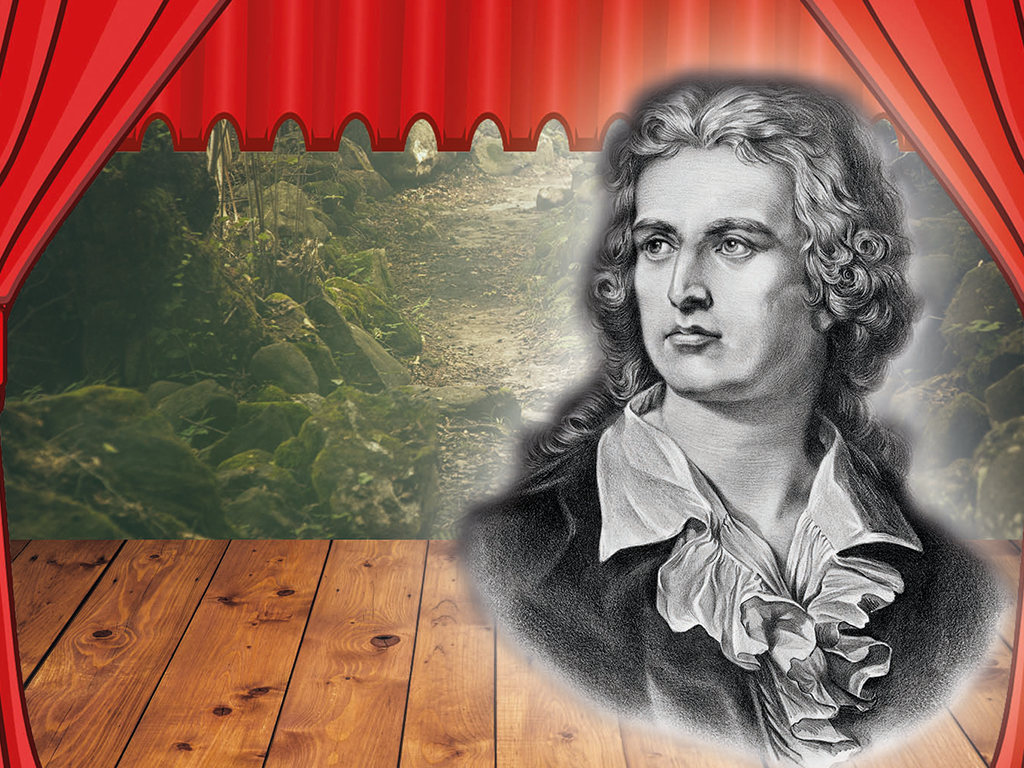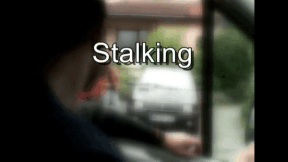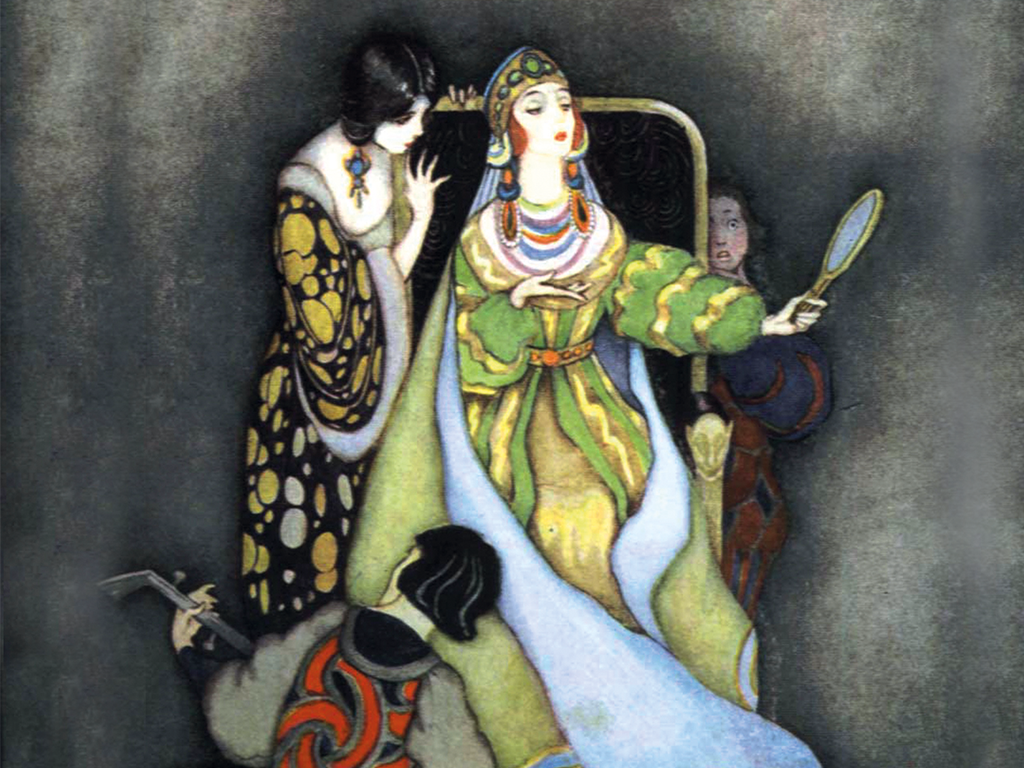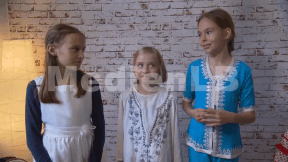 German
German


46500927 / 55500683
Schiller’s The Robbers
A Drama of the Sturm und Drang
“The Robbers“ by Friedrich Schiller begins with a wicked intrigue. It revolves around two brothers; Karl Moor and Franz Moor, sons of the reigning Count von Moor, who hate each other. The rivalry between the two brothers is great. On the one hand, there is Karl, the intelligent, freedom-loving robber, and on the other, Franz, suffering from withdrawal of love, scheming and coldly calculating.
Karl is the first-born, his father’s favourite and, initially, beloved son. He leads a wild student life and gets into debt. In a letter he apologises to his father for it.
Franz, the second-born, rather ugly and little noticed by his father, is still living at Moor castle. He intercepts the letter, reinterprets it, and now Karl is described as a rapist, villain and murderer.


Curriculum-centred and oriented towards educational standards
Matching
Stalking
n Germany, 12 % of all federal citizens are pursued by a stalker once in their lives. And not only celebrities are among their victims! Everyone may be confronted with such a situation.
Product Piracy
Counterfeiting takes place in almost all economic sectors – textiles, watches, car parts, machine parts, tools, accessories, software and medicines. Some counterfeits are easy to recognise, others are so well-executed that even experts have difficulty distinguishing between original and imitation. This DVD covers the development of a product from idea to manufacture. Once a product has become a trademark, product pirates appear on the scene.









